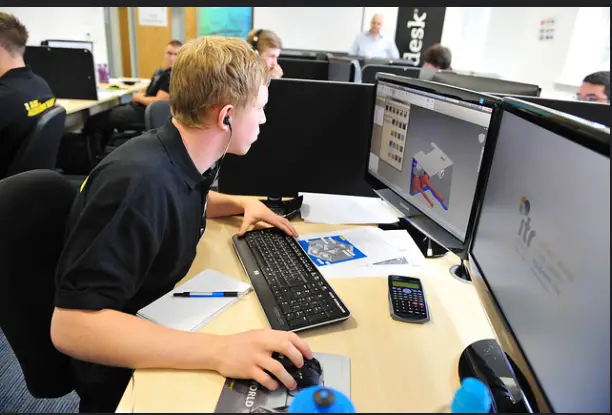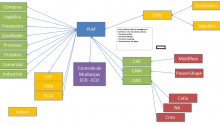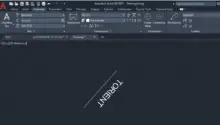What should be a software skill for a mechanical Design Engineer?
We have mostly a question in our mind when we pursuing our degree and after the degree in a mechanical design engineer, we are here to know what skills are needed to design your career in a mechanical design engineer and what software you have to learn.

The main skills you want. Yes. CAD is important to be good in cad CATIA is excellent software. I’ve used Creo and solid works also but CATIA is excellent and user friendly.
who starts part of the initial training you can visit my YouTube channel and most companies are going to train you in whatever software they use. Nobody expects you to know. To no inventor, Pro E, SolidWorks and Solid Edge, once you know one really well, you will be able to import from one to the other. But also no more than just the 3D.
It’s important to be able to know how to make engineering drawings and even more important, how to interpret them. If you’re able to to make something. Beyond just knowing CAD that is good if you want to become a designer. But not necessarily a mechanical design engineer. You also need to make sure that you know how to gather requirements but especially if you’re asked, how would you go about mechanical designing this thing, start with requirements.
That’s the first thing you should be saying. I want to figure out what I’m going to do. And I want to figure out that the person I’m doing it for, that’s really what they want. And the requirements. You want to make sure you include, you know, what environment is it going to be run in? Who’s going to use it? What’s it for? What are the performance objectives and how much can it cost? Also important.
You also want to make sure. So any design is done as a team. Nobody knows everything. So it’s very important that you show that you have good team skills and the best way to do that is to participate in a lot of team activities while you’re still in school. Be a part of your classes or extracurricular. Actually, I recommend extracurricular ones like to join a mechanical design team.
In aerospace or something to do with robotics or something like that, all of those are great experiences whenever you’re interviewing and it will be helpful to develop your skills on that. Make sure you know your basics. Stress-strain. Make sure you remember what that is. That’s difficult to do anything design related if you don’t know. The difference or how to apply it? No, your manufacturing methods. A lot of the people I’ve interviewed recently know a whole lot about additive manufacturing.
But that’s still not the standard in the industry. And we still need people to know how to do how to at least how milling and labeling and all of those other processes work, not just 3D printers. And, you know, other methods like casting, etc.. Now your free body diagrams know-how forces go your static’s. Once you’re in the industry, a lot of those skills are going to do in college.
You should have many technical skills you’re going to have afterward; you’re going to refine the ones you use all the time. But some of them like to say. Fluid mechanics. If I do fluid mechanics thing, I have to pull out my textbook. I don’t really know it off the top of my head anymore. And that’s okay. But. Still, nowhere it came from and how to find it. I think that’s most of it.
Yes. But the team is a team player is a huge thing. But at the same time, whenever you talk about it, if you’re in an interview, make sure you don’t forget that you still need to talk about what you contributed to the team, not just I was on the team, but I was on a team and I did this and I pushed this and I led this. Great.






